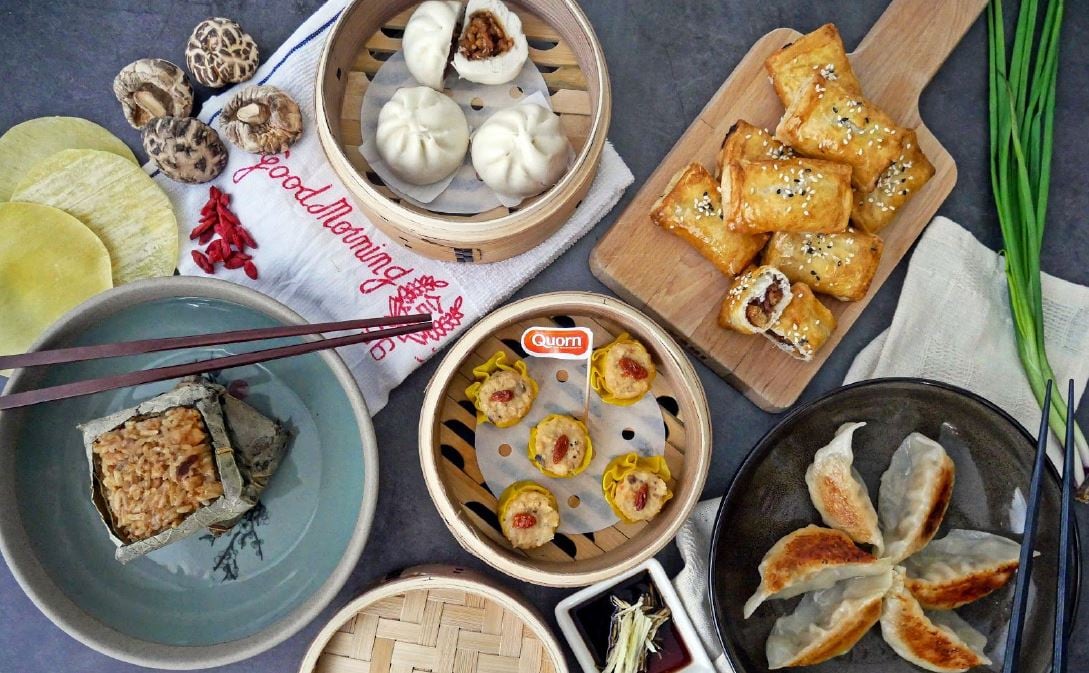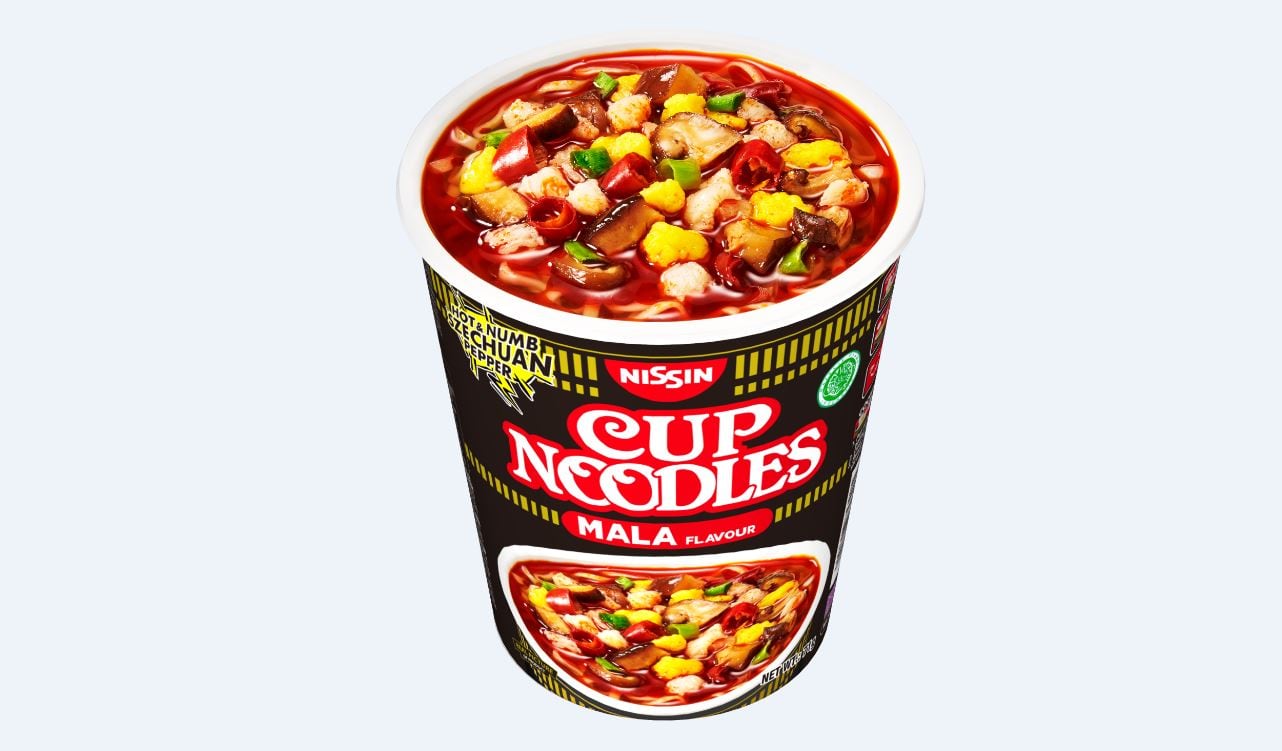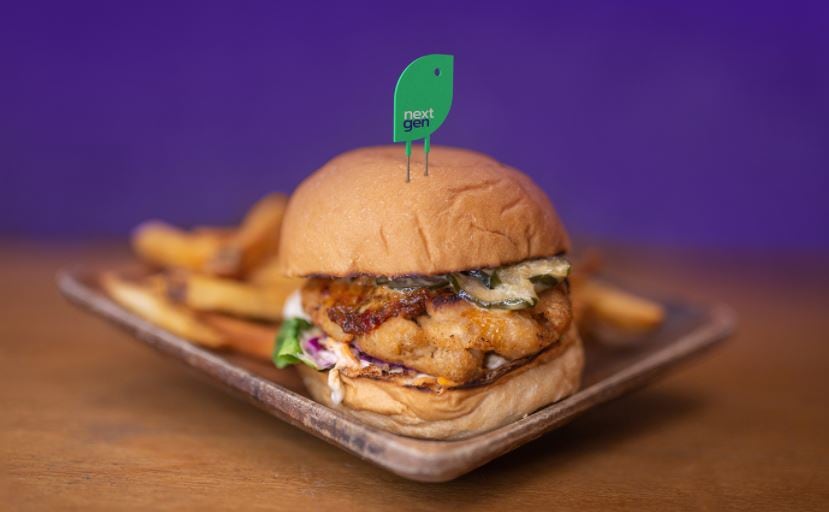This was the advice of Keigo Nakagawa, CEO of the Muslim Omotenashi Centre in Japan, which specialises in working with foreign halal brands looking to enter the Japanese market and whom has witnessed the rise and fall of many halal brands unwilling to adapt.
“Expanding to Japan can be very difficult for foreign [F&B] brands, especially those from countries with completely different cultures and traditions – [and] can be even more difficult for a halal brand [due to the] small Muslim community in Japan,” Nakagawa said when discussing internalisation opportunities for Japan at the recent Reimagine: Halal in Asia conference.
“The size of the Japanese Muslim expatriate community in 2020 is only about 230, so I feel that this demographic should not be the main priority. But in addition to this, the domestic Muslim market has also always been small, and now with COVID-19 having impacted tourism, this has decreased dramatically so it’s even harder to capitalise on this market.”
With this in mind, Nakagawa stressed that it is ever more important for halal brands to be flexible and more localised in their approach to Japanese market entry – one of the most important points being the willingness to look beyond using ‘halal’ as a main selling point in the local market.
“What the concept of halal usually emphasises is always about the foods being healthy and providing traceability – this is true and it is important, but it is also very common in Japan now for many other food products as well so it is no longer a unique selling point (USP),” he said.
“Some businesses with halal certification labels have [also not been] received well even if their intentions are true, with consumers either just seeing these as ‘another business’ or even thinking of ‘halal profiteering’. Halal is important to the Muslim community, but not so much to the non-Muslim community here in Japan – so many consumers will not consider these as an option.
“So my advice in this regard is really that the best way is to not emphasis halal if you want to cover a bigger segment of consumers outside of the Muslim community in Japan – brands would need to do a lot more extensive research and find your own USP other than just halal. What is important and works in your own home country may be completely opposite from what works in Japan.
“Research and develop on what has been successful as a USP in Japan and use this to create your own USP – [for example I can say that] recently vegetarian and vegan has more mainstream in Japan, and gluten-free is also considered a better choice especially in the female market.”
In addition, he highlighted that poor translational branding – or the translation of one’s brand from English or Bahasa to Japanese in this case – is one of the major turn-offs for Japanese consumers, so a lot more effort needs to be put in to capture positive attention from locals.
“Structuring your translational branding properly is also very important, especially as the majority of Japanese consumers generally choose to not read the English wordings,” said Nakagawa.
“What this means of course is that direct translations – and especially poorly done direct translations - can have a negative impact on your brand and on consumer impressions of your products.
“The other thing is to make sure to pay attention to the price competitiveness of your products – this is especially important for the FMCG industry and particularly for food and beverage within this due to the competition you are facing. Price is so important that even as it is, many of your Japanese F&B competitors are opting to manufacture in China to maintain competitiveness.”
End of a trend
According to Nakagawa, a few years back the halal concept was considered a hot trend in Japan, which could be what led to interest from many halal establishments – but also stressed that the trend had actually ran its course.
“At one time halal was really a trend and it was considered unique and impressive for non-Muslims in Japan to follow this, especially in the business industry. It was even introduced all over mainstream media for several years - but now that trend is over, because people could not really relate,” he said.
“AEON, the largest retailer in Asia, also tried to bring in halal products from Malaysia in 2016 which they piloted in 100 of their mini ‘My Basket’ supermarkets here in Japan – but these failed to catch hold and were eventually discontinued. Interestingly though, organic products were also piloted in stores at around the same time, and these stayed on successfully as mainstream products.
“So what I’m saying is that the key here for halal brands is to bring a competitive edge with you, as halal alone is not the key to success in Japan. Research, find a gap between your market and the Japanese market, and find something authentic, unique and that can resonate with Japanese consumers in order to succeed here.”





